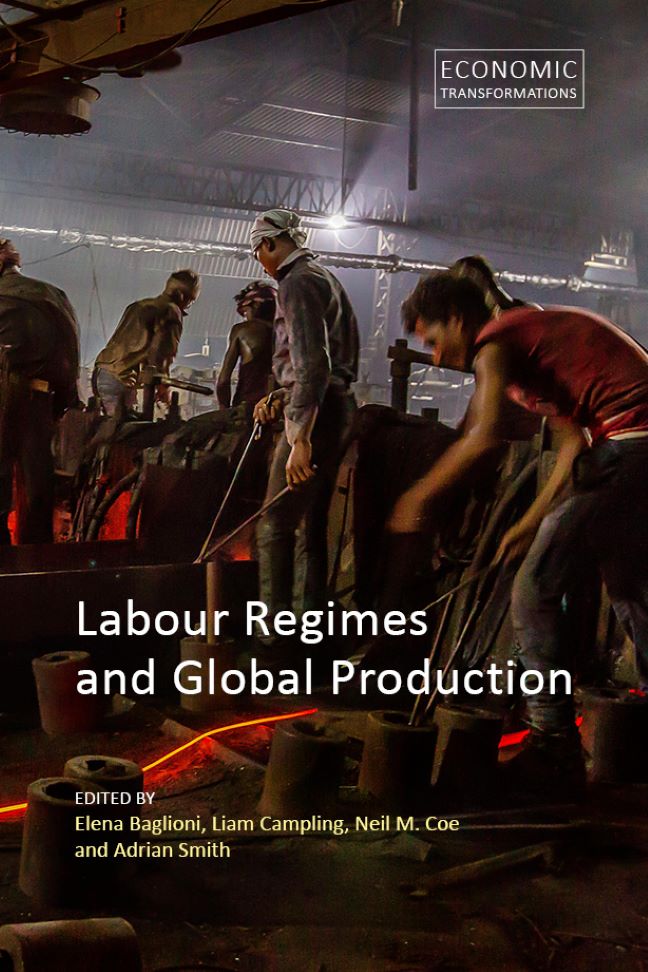3 - Grounding Labour Regime Analysis in Agrarian Political Economy
Published online by Cambridge University Press: 20 January 2024
Summary
Introduction
Analyses of labour regimes have a long history in development studies and related disciplines. Much of the early work took place in the 1970s and 1980s. The focus of much of this work was on aspects of agrarian and rural labour studies, particularly involving studies analysing how capital from the colonial period onwards penetrated the countryside in Africa, Asia and Latin America through state violence, taxation and new production processes and, through this, how labour was subsumed under capital. These studies covered a wide range of fields, including the integration of peasant petty commodity producers into the capitalist economy (e.g. Bernstein 1977, 1986), plantations and indentured labour (e.g. Breman 1989), labour migration to mines from labour reservoirs (Freund 1988) and how this and the subsumption of gendered work shaped the new labour regimes (Burawoy 1976).
This chapter charts how this work within development studies, Marxist anthropology, history and economics pushed forward the study of rural labour regimes. Many contributors saw labour regimes as embedded in debates within Marxist political economy, not the least concerning agrarian-related transitions (Byres 1981; Patnaik 1976; Rey 1982 [1973]). For others, it related to other debates on the peasantry (Williams 1976). There was a strong focus on capital– labour relations or the absence of such a relationship. Through this research, new concepts were coined, applied and criticized, and peasant households were reconceptualized in a number of ways, including as petty commodity producers and as subsumed under capital. The “labour regime” concept was rarely used explicitly in these studies, but in this chapter they are looked at from a labour regime perspective, and it is shown how they were concerned with the emergence of new labour regimes under capitalism.
This chapter uses the term “labour regimes” as its core concept, in much the same manner as Michael Burawoy used “factory regimes”. The change of the terminology here, from “factory” to “labour”, indicates that capital– labour relations are not solely factory-based. Burawoy (1985: 87) defined the “factory regime” as “the overall political form of production, including both the political effects of the labour process and the political apparatuses of production”.
- Type
- Chapter
- Information
- Labour Regimes and Global Production , pp. 45 - 62Publisher: Agenda PublishingPrint publication year: 2022

